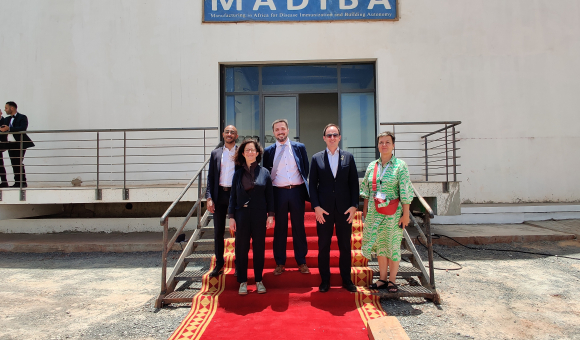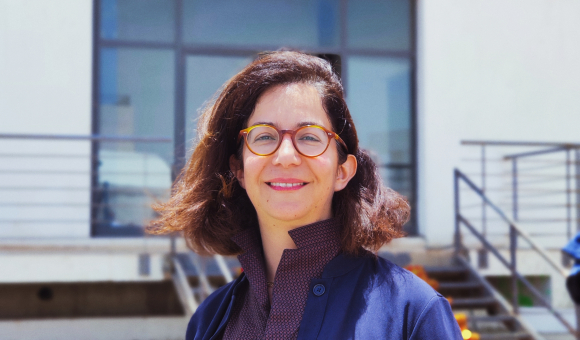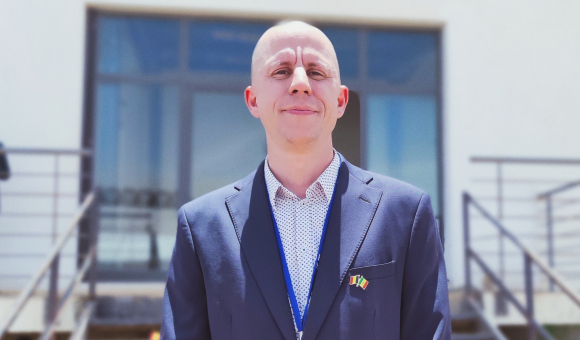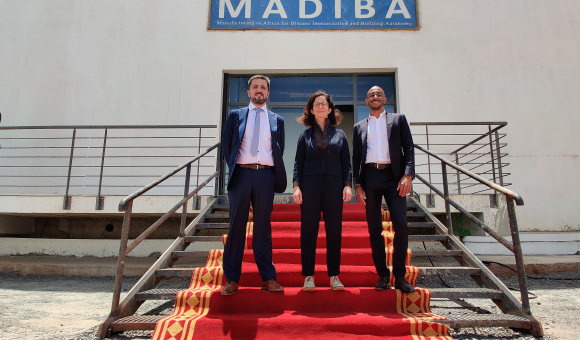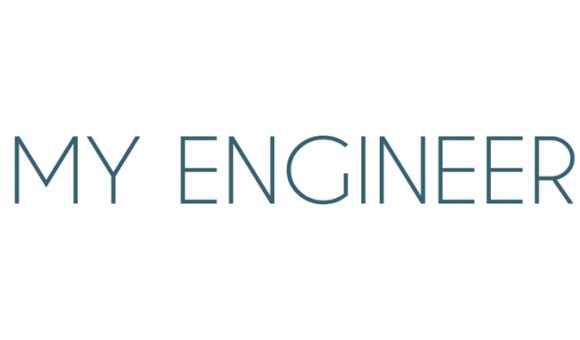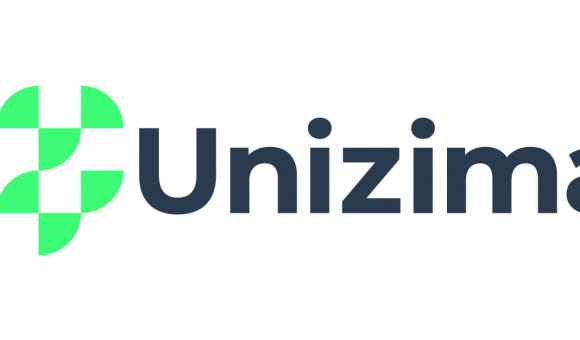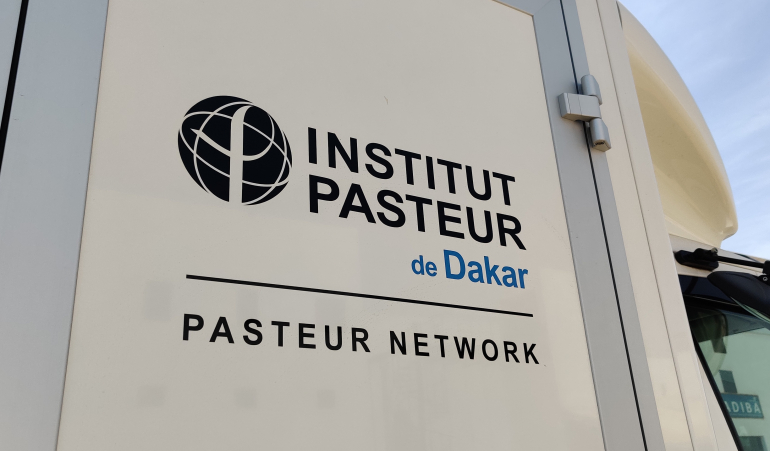
A delegation of Belgian companies, led by Princess Astrid of Belgium, visited Teranga, Senegal, for an economic mission with the biopharmaceutical industry at its core. Belgium’s expertise in the pharmaceutical industry can be seen in the numerous projects that are underway throughout Africa, in order to support a transition towards greater autonomy and independence in the local production of vaccines and medications in the country. The MADIBA project, which is overseen by the Institut Pasteur de Dakar, is a flagship example of sustainable cooperation between Belgium and Senegal through the expertise of stakeholders. Issues and explanations.
Like many countries in Africa, Senegal is striving to establish a prosperous and sustainable skills base in the pharmaceutical industry. While Africa currently only produces 1% of the vaccines that it consumes, this situation could soon evolve towards greater autonomy. The Covid-19 pandemic struck and triggered an increased desire for pharmaceutical independence on the continent. Several projects have been launched, including the Africa Centers for Disease Control and Prevention, which involves bolstering production capacities up to 1.5 billion doses of vaccines per year by 2040, thus allowing African industry to develop and produce more than 60% of the total doses of vaccines needed on the continent.
In Senegal, the Institut Pasteur de Dakar is finalising the construction of the new MADIBA vaccine-production site (Manufacturing in Africa for Disease Immunisation and Building Autonomy) in Diamniadio, a city and special economic area that is strategically located between the Senegalese capital of Dakar, the international airport and the ‘Port of the Future’ in Ndayane. The campus includes a manufacturing platform for producing vaccines against epidemics, a high-volume production site for vaccines against yellow fever, measles and rubella and a training site for producing next-generation vaccines. Once the new production plant is finished and has achieved full capacity, up to 300 million doses of vaccines will be produced each year for the African continent.
This genuine ‘vaccine hub’ will allow this West African country, which is home to 16 million inhabitants, to produce its own vaccines and treatments through biotechnology. This project, which is supported, in particular, by the European Union and the United States, is overseen by several industrial stakeholders. Of these stakeholders, two Belgian companies, Unizima and My Engineering, who are strategic players in the biopharmaceutical and biotechnology sectors, represent two pillars, thanks to their expertise, but more importantly, their desire to ensure the sustainability of the centre’s activities after the investment fund withdraws.
All together towards health!
Unizima is an international subsidiary of the biotechnology company Univercells. ‘Many countries want to produce directly, and thus make access to vaccines and medications widespread,’ explains Hala Audi, the CEO of Unizima. ‘Univercells wanted to establish a company responsible for international bioproduction projects, in particular projects concerning the transfer of skills and technology to emerging markets. ’
Unizima (All together towards health! in Swahili) is already active in several countries in Africa, such as South Africa, Kenya, Egypt and Senegal, and provides expertise, training and technology to local and national organisations in the bioproduction sector, which is crucial for anchoring and sustaining bio-manufacturing healthcare projects. Like other countries and organisations before it, the Institut Pasteur de Dakar was won over by the Walloon group’s expertise, which specialises in streamlined and more cost-effective bioproduction technologies.
Sustainably strengthening local capabilities
Unizima's expertise and values are key to ensuring the viability and local anchoring of the project. Unlike traditional private pharmaceutical companies, which produce within a closed circuit, Unizima works differently: involving all the stakeholders in the supply chain, from R&D to production, training future users at the local level and operating an open-source model with respect to technical transmission. ‘Without an appropriate service offering and soft skills, we cannot establish a sustainable local project,’, notes Hala Audi. ‘We also form partnerships with universities because it is absolutely essential to have trained local skills. This will ensure the sustainability of the knowledge exchanged and the projects developed. ’
Unizima’s advantage, which wins over public authorities and bodies such as the Institut Pasteur de Dakar, lies in its ability to offer comprehensive support and to monitor the creation of ecosystems that promote the autonomy and resilience of healthcare systems, from R&D through distribution. Unizima also benefits from the technological expertise of its parent company, Univercells, and, as a result, can support end-to-end project managers and guarantee them total ownership over their projects. ‘We have involved experts from Belgium here in Senegal, and trained Senegalese experts. Some of them were trained directly in Belgium. This is a wonderful example of twinning experts from Europe and Africa in a win-win situation,’ concludes Hala Audi.
At present, Unizima is conducting several feasibility studies for similar projects in Benin and Mozambique. The company is also developing partnerships in Latin America (Ecuador) and Asia (Thailand, Bangladesh, Vietnam, etc.).
‘Made in Belgium’ engineering
My Engineering is a Belgian company that specialises in designing pharmaceutical infrastructure, particularly in controlled environments (biological safety labs, clean rooms, etc.). It is working hand-in-hand with the Institut Pasteur de Dakar on the MADIBA project to design infrastructure for the production unit.
My Engineering teams have been involved in every stage of the production site, from design through validation, including monitoring the construction and commissioning.
Thanks to their technical expertise and knowledge, My Engineering teams have ensured the implementation of a high-performance production unit that satisfies the most exacting standards in the pharmaceutical industry.
‘Project management, biosecurity, automation, electricity, climate control, aseptic areas or even the production and distribution of clean liquids: My Engineering covers the main professions in this sector and has supported the MADIBA project from the design phase through the validation of the technical installations,’ recounts Jimmy Vandenbranden, the Managing Partner of My Engineering.
This engineering company is involved in many projects in Europe and Senegal, and aims to solidify the omnipresence and expertise of Belgian engineers around the world. ‘In most flagship international projects, there is one or more Belgian engineers in key positions.’ Jimmy Vandenbranden sums it up: ‘With Unizima, we are proud to have been able to bring our expertise to this strategic project for Senegal, and its path towards biopharmaceutical autonomy. ’
